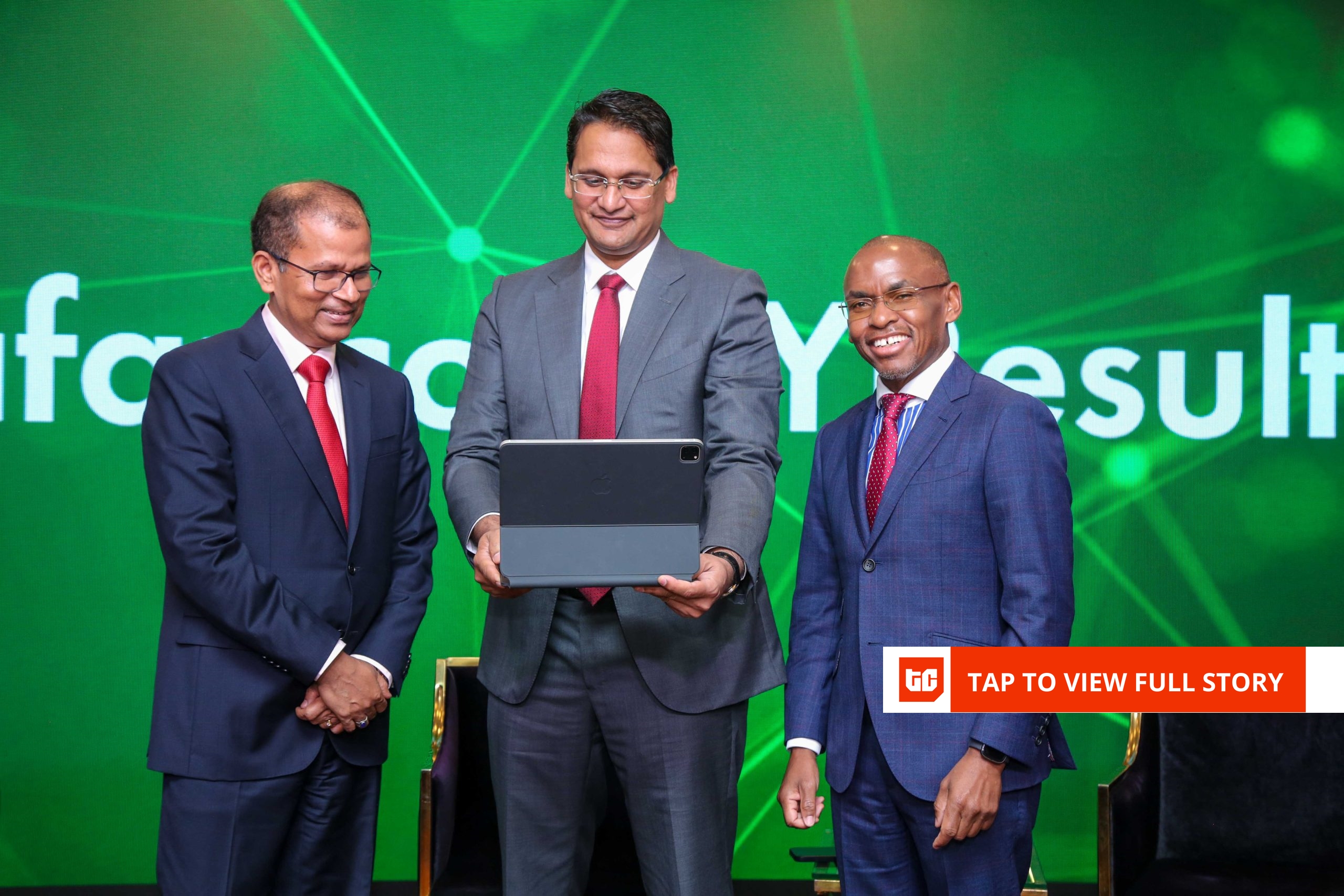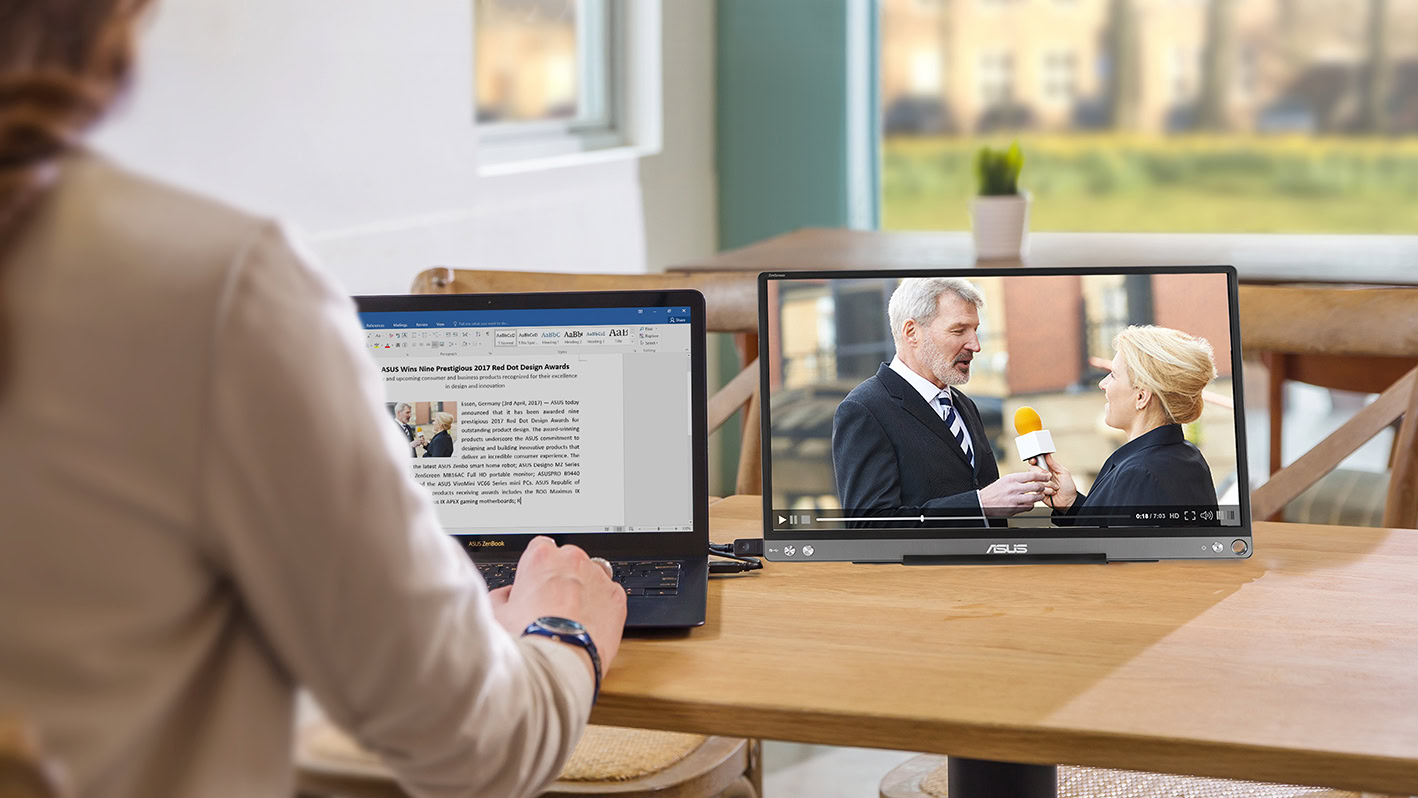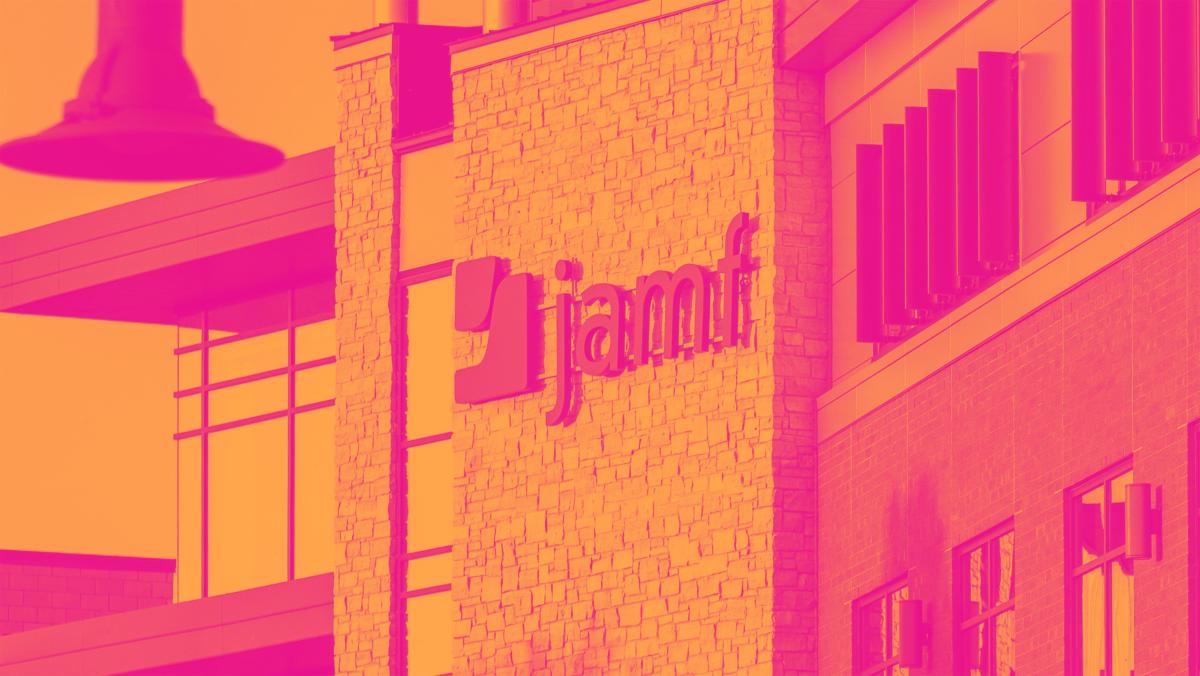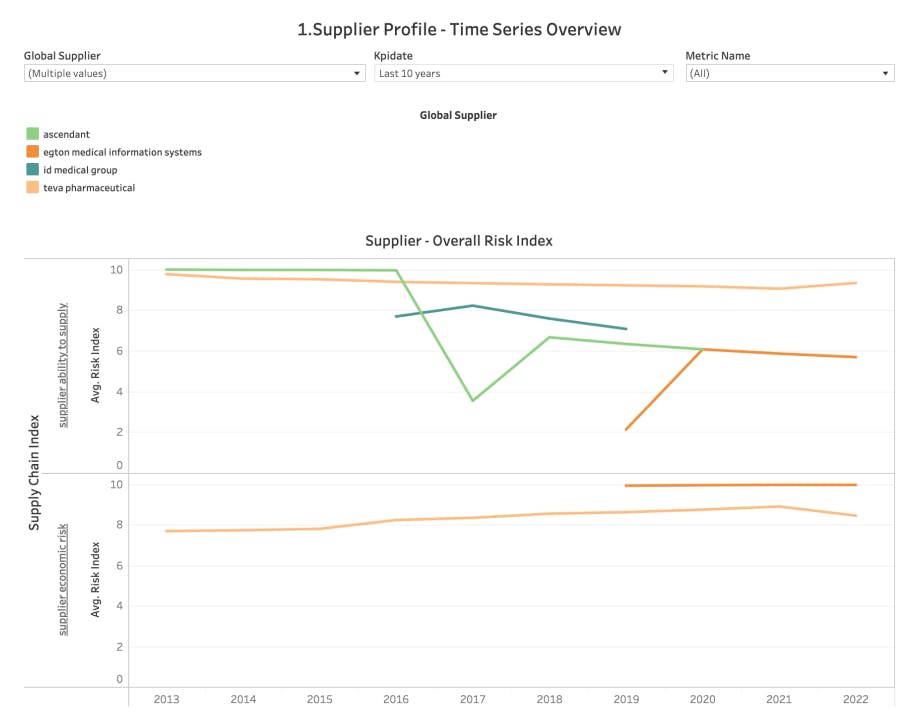Kenya’s telecoms market leader Safaricom, claims it is now open to partnering with Starlink, an about face from the company’s previous position.
“We have had some discussions, and we will continue to have those discussions to the extent that they complement what we are offering,” CEO Peter Ndegwa told Bloomberg.
A partnership between Safaricom and Starlink could benefit Kenyan consumers. The corporation’s extensive network could provide a robust distribution channel that could be key to reducing the cost of Starlink kits, which currently cost KES 45,000 ($350). However, the specific details of such a collaboration – should it proceed – remain undisclosed.
In August, Safaricom wrote to Kenya’s Communications Authority (CA) to impose stricter regulations on independent satellite internet providers like Starlink. While the CA argued that Safaricom had a right to suggest market entry prerequisites, this move was criticised, as some industry experts accused Safaricom of attempting to curtail Starlink’s market entry.
Regardless of whether the partnership proceeds, the existing rivalry between the two ISPs shows that new market entrants benefit consumers with price-sensitive offerings.
Starlink has also changed how Safaricom prices its fibre packages, obviously to maintain its top position as a fixed internet services provider.
Last Monday, Safaricom responded by upgrading its fibre speeds up to five times and introducing a 1 Gbps package—a previously unfeasible offering in the local fixed internet market. Starlink countered with a more affordable residential package offering speeds of up to 100 Mbps for KES 4,000 ($31) a month and a cheaper Starlink Mini kit priced at KES 27,000 ($210).
These developments are a positive step towards making fixed data services more accessible to Kenyans.











